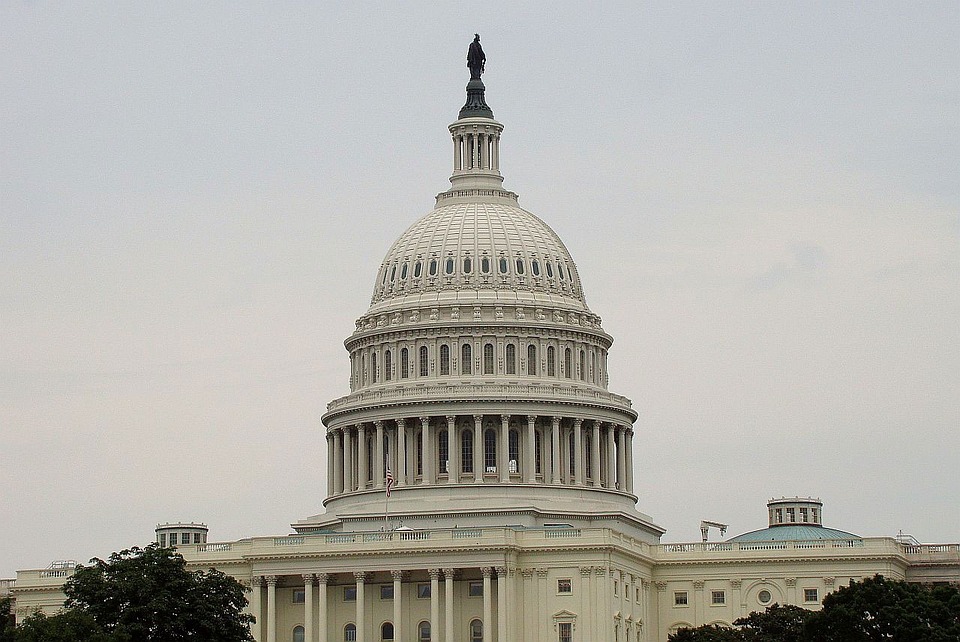
Last week Congressman Paul Tonko (D-NY) and Senator Richard Blumenthal (D-Connecticut) introduced the SAFE Bet Act, a proposed set of federal laws governing the gaming business as a whole and the sports betting business in particular. Reactions to the bill, which would severely limit gambling advertising, among other things, were not particularly positive, especially from folks who actually work in the gaming business.
Keith Whyte, executive director of the National Council on Problem Gambling (NCPG) told iGamingBusiness.com that the bill is actually good because it shows Congress is taking problem gambling seriously. “It’s emblematic of the renewed attention in congress to make sure that the federal government gets involved in addressing problems. Setting aside the (issues) of the bill, it shows that members of congress are paying attention,” he said.
Congresswoman Dina Titus (D-NV) had a decidedly different take on the bill saying, “While the SAFE Bet Act is perhaps well-intentioned, pre-empting state gaming regulators by outlawing most forms of advertising and restricting the types and methods by which customers can place bets is a misguided approach.”
“I certainly support responsible gaming. The industry does. They’ve taken bold steps, going back to the ’90s, to regulate themselves and I think that’s better, to have self-regulation or state regulation, not have the federal government get involved at this level,” she added.
UCLA clinical professor of psychology Dr Tim Fong summed up the challenges of regulating certain behaviors saying, “What [betting] is most similar to is consumption of adult entertainment – online shopping, video gaming. All of the same things that cause a dopamine rush. Where is our federal guidance on roller coasters? Sports betting sits in that weird area where it’s kind of the same thing but it’s not.”
Given the current US Congress’ inability to pass even the simplest administrative acts that keep the government runngin, the SAFE Bet’s chances of actually passing into law are extremely low.